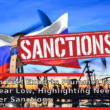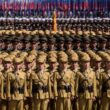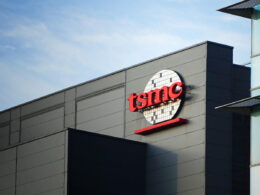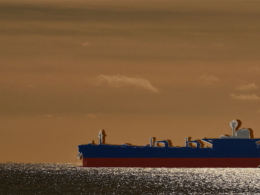In the ongoing conflict between Russia and Ukraine, allegations of war crimes have increasingly surfaced, focusing attention on the conduct of Russian military commanders. Accusations against these leaders have highlighted a pattern of actions that many international observers and human rights organizations deem egregious violations of international law. Reports of war crimes began to surface almost immediately, pointing to the conduct of Russian forces under the direction of their commanders.
Key Accusations
Targeting Civilians: One of the most serious allegations is the deliberate targeting of civilians and civilian infrastructure. Cities such as Mariupol, Kharkiv, and Bucha have seen devastating bombardments that destroyed hospitals, schools, and residential areas. Commanders have been accused of ordering indiscriminate shelling and missile attacks that caused thousands of civilian deaths and injuries.
Mass Executions and Torture: Reports from liberated areas like Bucha have revealed mass graves and the bodies of civilians bearing signs of execution and torture. Eyewitness accounts and forensic evidence suggest systematic killings carried out under the orders of Russian military leaders. The extent of these atrocities has drawn parallels with some of the darkest chapters of modern history.
Use of Prohibited Weapons: There have been numerous accusations regarding the use of prohibited weapons, including cluster munitions and thermobaric bombs. These weapons cause extensive damage and have a particularly devastating impact on civilian populations, violating international treaties such as the Convention on Cluster Munitions, to which Russia is not a signatory but is still held accountable under customary international humanitarian law.
Forced Displacement and Deportation: Ukrainian officials and international monitors have reported forced deportations of Ukrainian citizens to Russia, including children. These acts are viewed as attempts to alter the demographic composition of occupied areas and are considered war crimes under the Geneva Conventions.
Prominent Commanders and war criminals:
Several high-ranking Russian military officials have been specifically named in these allegations. Among them are:
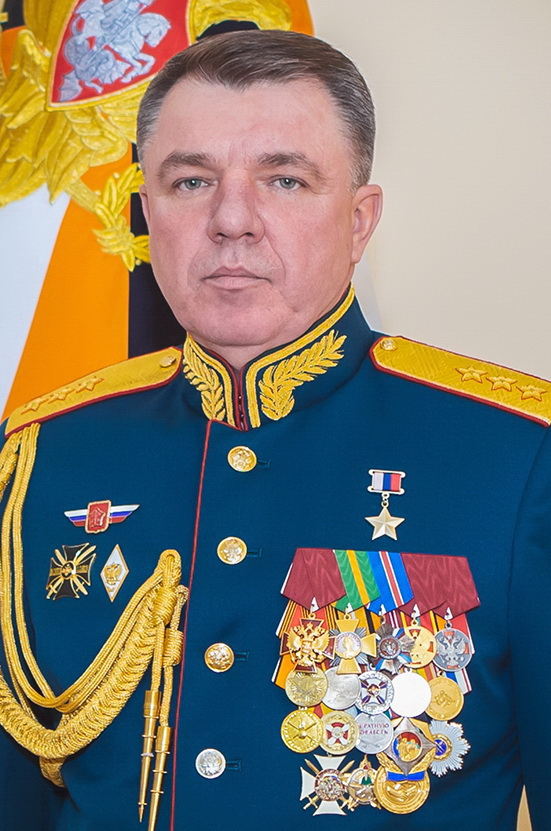
Colonel General Alexander Zhuravlyov: Accused of overseeing the indiscriminate bombing of civilian areas, particularly in Aleppo, Syria, and later in Ukrainian cities.

Major General Sergey Shoygu: While Shoygu’s role as Minister of Defense makes him a prominent figure, specific operations under his command have come under scrutiny for violations of international law. Wanted by the International Criminal Court (ICC)

Lieutenant General Andrey Mordvichev: Noted for his command in the siege of Mariupol, where numerous war crimes, including the bombing of a maternity hospital, were reported.
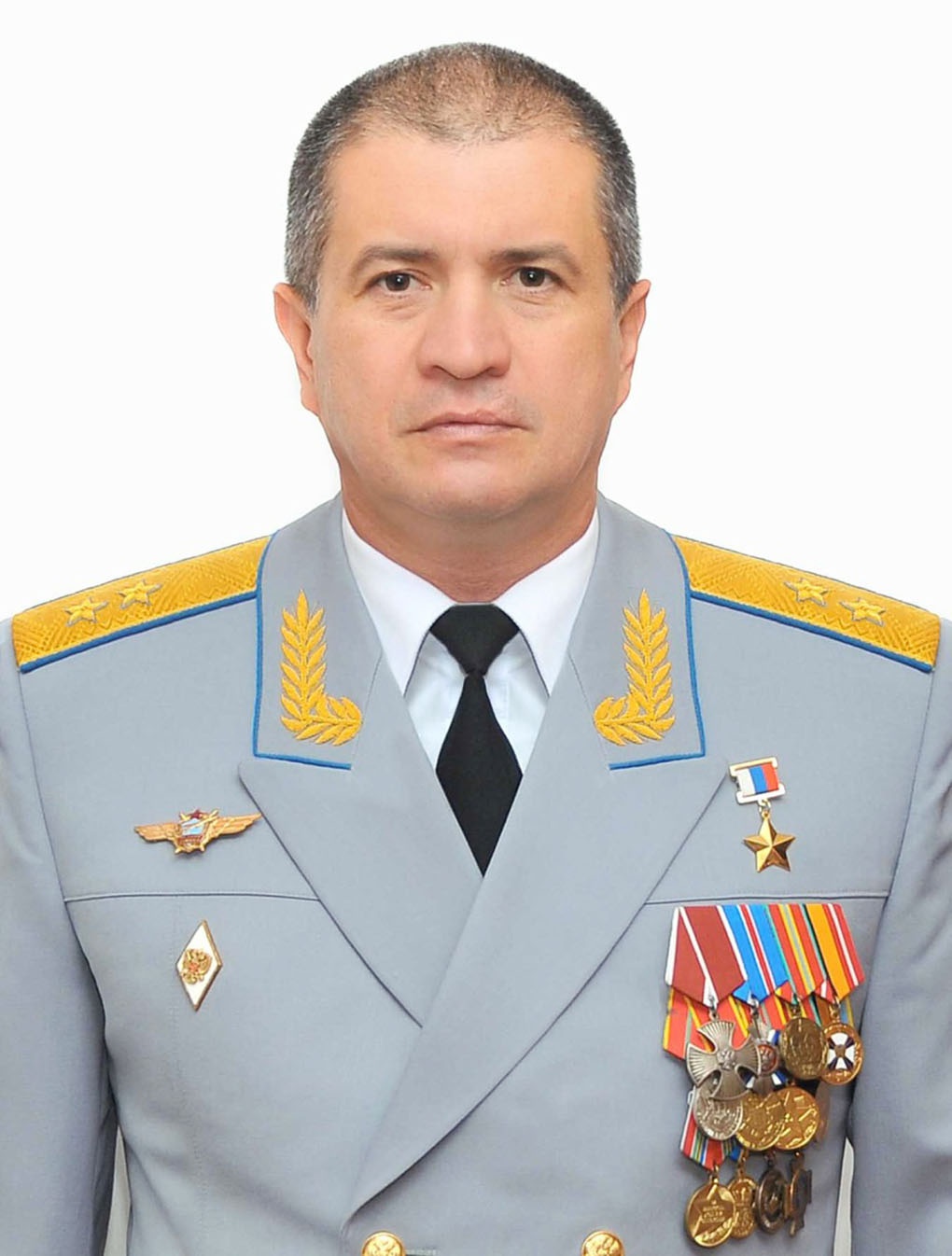
Lieutenant General Sergei Ivanovich Kobylash: at the relevant time was the Commander of the Long-Range Aviation of the Aerospace Force. Allegedly responsible for the war crime of directing attacks at civilian objects (article 8(2)(b)(ii) of the Rome Statute) and the war crime of causing excessive incidental harm to civilians or damage to civilian objects. Wanted by ICC.
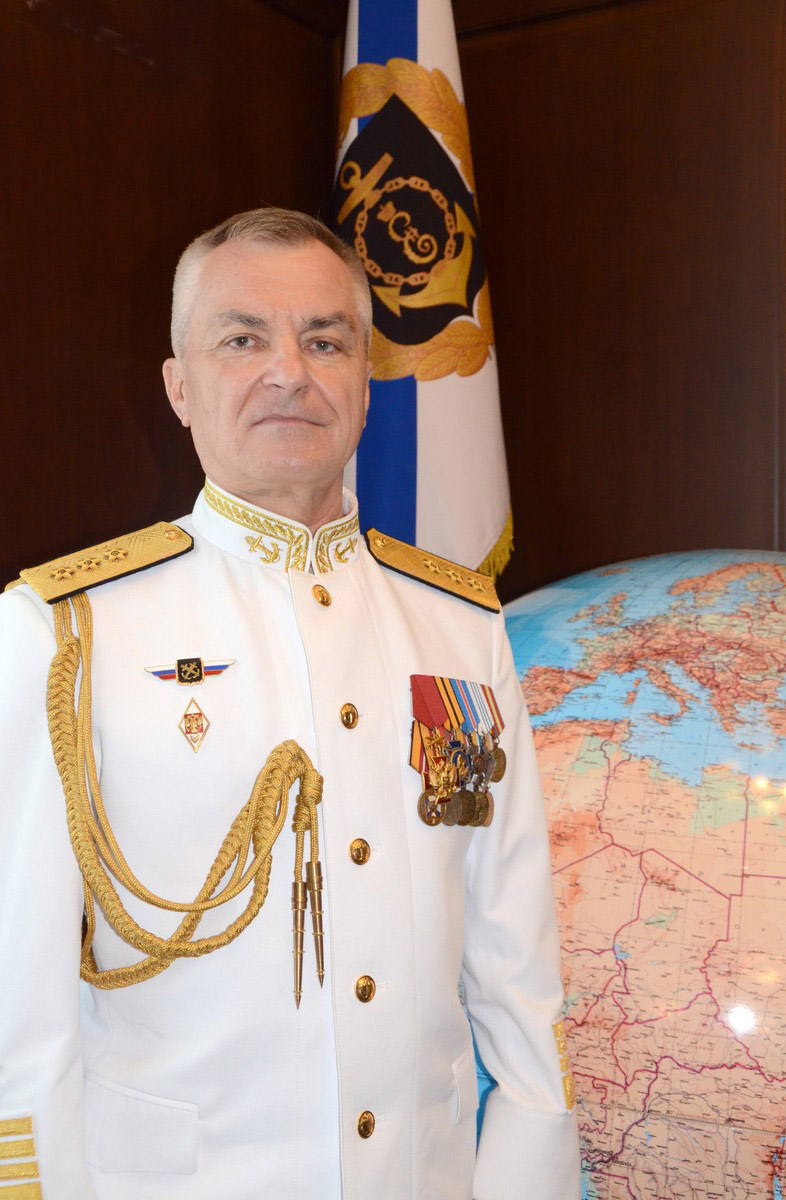
Admiral Viktor Nikolayevich Sokolov: at the relevant time was the Commander of the Black Sea Fleet. Allegedly responsible for the war crime of directing attacks at civilian objects (article 8(2)(b)(ii) of the Rome Statute) and the war crime of causing excessive incidental harm to civilians or damage to civilian objects, and the crime against humanity of inhumane acts under article 7(1)(k) of the Rome Statute. Wanted by ICC.

Major General Roman Demurchiev, commander of the 42nd division of the 58th Army. At the beginning of the full-scale invasion, Demurchiev was in charge of the 136th separate mech BDE, which was advancing from Crimea. During the occupation of southern Ukraine, the soldiers of this brigade commited a number of war crimes, including massacres of prisoners of war and civilians. For this, Demurchiev was included in the list of “heroes z” in his homeland. Demurchiev later became commander of the 42nd Motorized Rifle Division of the 58th Combined Arms Army, which is involved on the Zaporizhzhya front. It includes, among others, the regiments “AHMAT-Russia”, “AHMAT-Chechnya”, “North-AHMAT”, battalions “West-AHMAT”, “East-AHMAT” and “South-AHMAT”. Russian media have repeatedly written about the facts of kidnapping, torture and murder of civilians, seizure of property and businesses, as well as other war crimes committed by “Kadyrovtsy” and other servicemen of the 42nd Motorized Rifle Division. All this is taking place under the control of Roman Demurchiev.
The international community, including the United Nations, ICC, and various human rights organizations, has condemned these actions. Investigations are ongoing, with efforts to document evidence and identify perpetrators for potential prosecution. Ukrainian authorities, alongside international partners, have been collecting testimonies, satellite imagery, and forensic data to build cases against those responsible.
The allegations of war crimes against Russian military commanders represent a grave concern for global justice and the rules-based international order. As the conflict continues, the pursuit of accountability remains crucial. The international community’s response will not only shape the future of Ukraine but will also set a precedent for how the world addresses and deters war crimes in conflicts to come.

